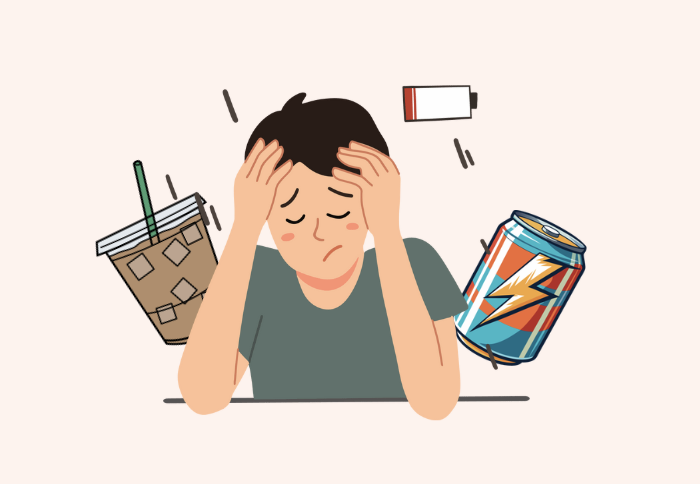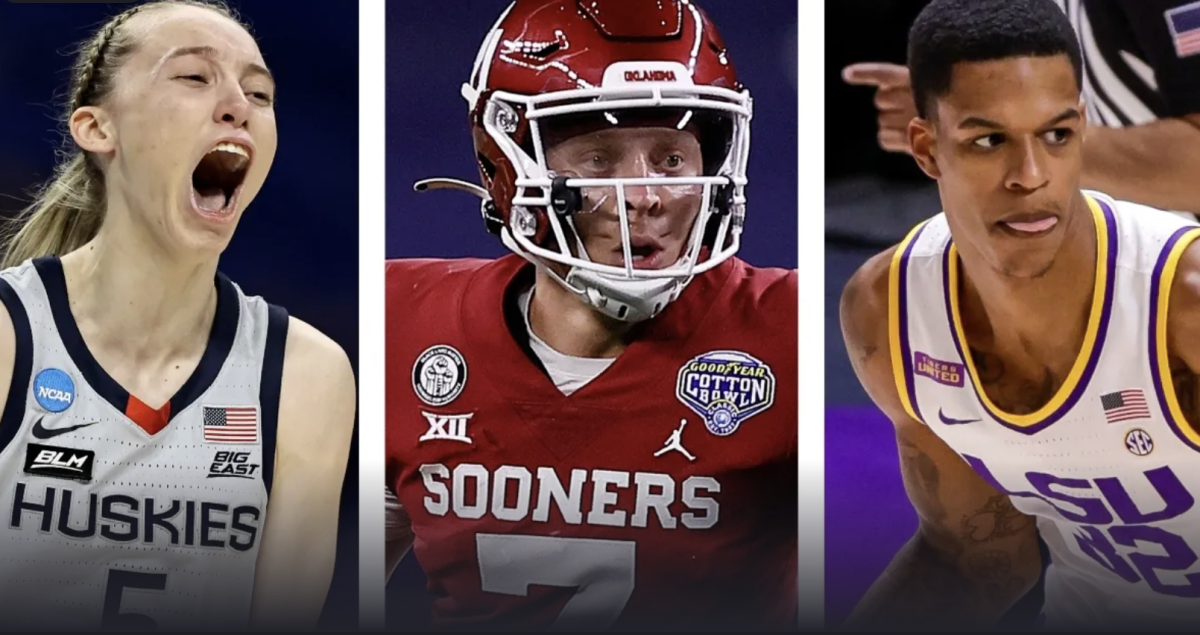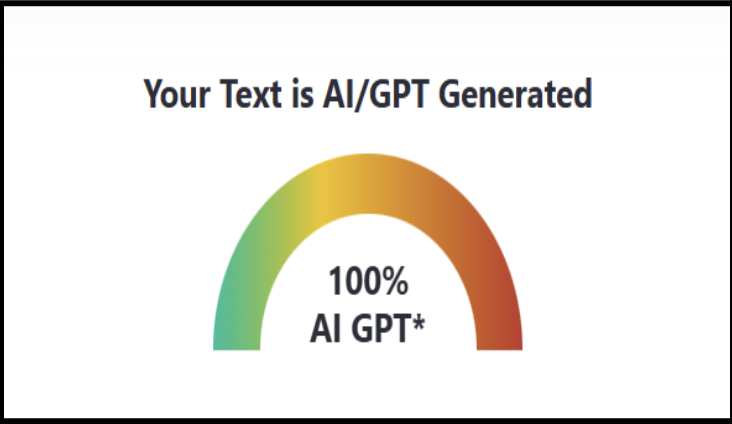It’s 8:30 AM, not a minute since the first period bell has rung, and half the students at Calabasas High School are clutching onto their addiction: caffeine. Throughout the halls, energy drinks and Starbucks coffees are spotted everywhere, being consumed daily amongst high schoolers. Although an excessive caffeine intake can damage a teenager’s sleep schedule and mental/physical health, they don’t seem to really understand the effects. Why are these overpriced, sugary drinks so appealing to teenagers? Is it really worth it?
A study by Mayo Clinic observed that 83% of teens ages 13-18 consume caffeine regularly. To put that into perspective, in a classroom that holds thirty students, about twenty-five of them are guzzling down energy drinks or coffee on the regular. But why?
“If I’m ever tired in the morning, it gives me a boost to get through the day,” said Gage Oleesky, a senior at Calabasas High School.
Chasing that “energy boost,” students look to energy drinks and coffee as a solution to their early mornings, sports games, and late-night studying. It makes sense, doesn’t it? What better way than a quick fix to wake you up and prepare you for a busy day? Running behind in the morning and don’t have time for breakfast? Grab a coffee or energy drink. Not feeling super hungry in the morning? Stop by a coffee shop on the way to school and preorder a vanilla latte. Or better yet, a Celsius from a local gas station.
“Me and my friends drink them to stay alert during class and have better focusing skills if we didn’t get a good night’s sleep the night before,” voices Dana Weiss, a senior at Calabasas High School.
For some, caffeine has simply slipped its way into their routines. It’s not solely about the benefits in focus and alertness, but the social bonding aspect of it all. Students can easily converse over a hot cup of coffee at the local coffee house or Starbucks. Social media influencers rave about the new flavors that brands such as Celsius, Alani, and Redbull release. It’s an easy way to relate to one another.
Although these drinks seem to have their benefits, they carry far greater risks. The American Academy of Pediatrics recommends that Children and adolescents limit their caffeine intake to under 100 milligrams per day. A Celsius Original has double the recommended milligrams of caffeine in just one 12-ounce can. Overconsuming caffeine can play a vital role in health, especially teenagers, since their brains have not reached full development yet. According to the Centers for Disease Control and Prevention, consuming energy drinks can cause anxiety, agitation, dehydration, and insomnia. As well as additional problems that are much more critical, such as heart complications like irregular heartbeats and even heart failure.
Put the energy drinks and coffee down and consider some alternatives. Maybe go outside on a jog once every few days, get that full 8-10 hours of sleep, and stay hydrated. To gradually break the caffeine addiction, people can start by gradually moderating their caffeine intake and managing the amount that they’re consuming. Is it truly worth it? That’s for each person to determine.









